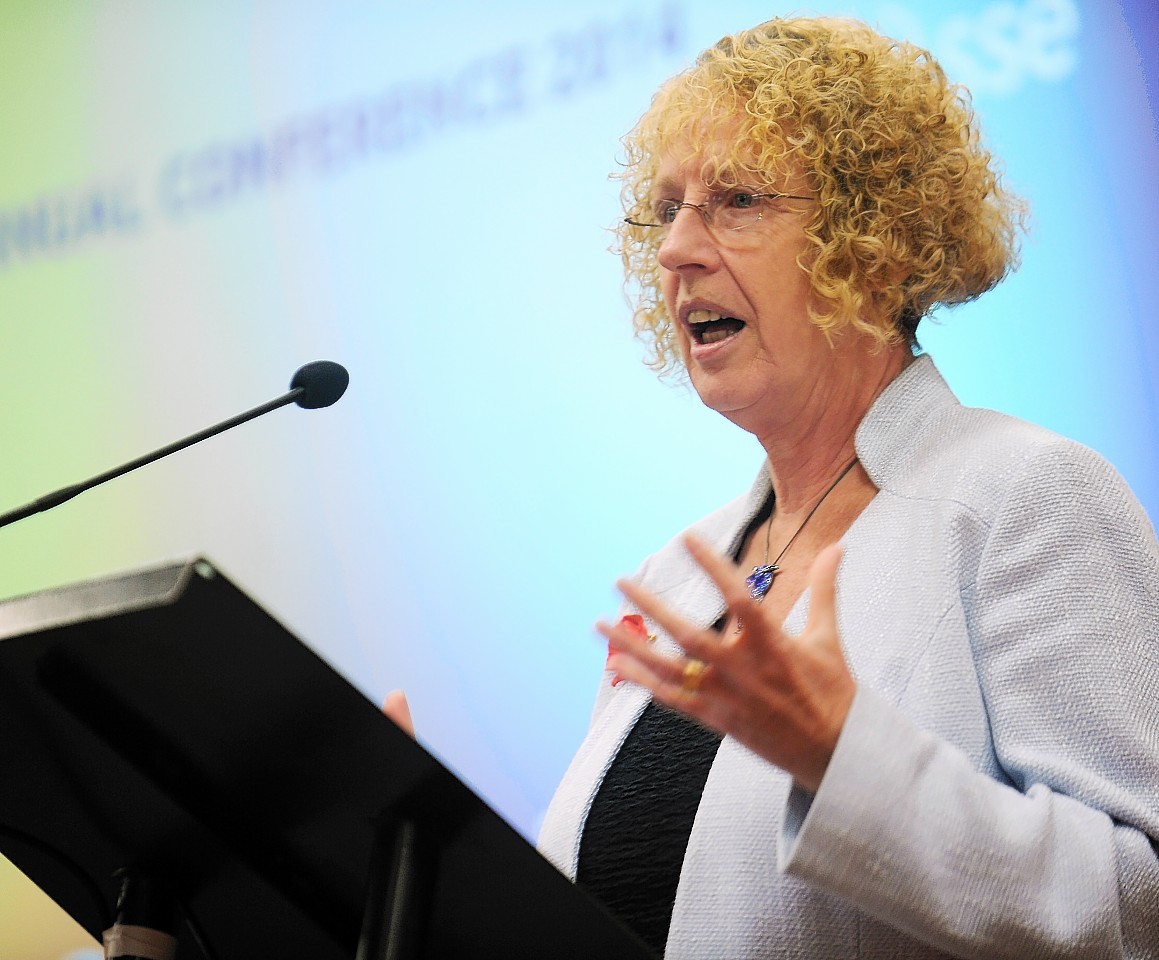Fuel poverty could be eased if a controversial surcharge is lifted and homes are made more energy efficient, a conference has heard.
Anger has been growing around the 2p-per-unit top-up charge, which affects electricity across the north.
It means that a consumer using 15,000 units per year, pays an extra £300.
At two-day conference on fuel poverty started at the Coylumbridge Hotel in Aviemore, which brought together a range of agencies, charities and companies – including SSE – solutions to the issue were discussed.
And there was praise from delegates for the Press and Journal’s campaign to scrap the surcharge.
Tony Keeling, SSE director of customer service and sales, said: “Our position on the Press and Journal’s campaign is that we agree that there should be one standard energy price across the country.”
Mr Keeling said he favours removing the surcharge from the energy bills and paying for the distribution costs through a single tax as part of general taxation, which he said could help customers on lower incomes.
Norman Kerr, director of Energy Action Scotland, said: “We need to find an alternative to what we have just now with the surcharge.
“Postage stamps cost the same for everyone in the country and electricity should be the same – it should be a flat out price.
“Rural homes are often off the gas grid so they don’t have access to what is the cheapest form of fuel. They are reliant on more expensive solid fuel, which is why we also need to make homes much more energy efficient.
“This is challenging in the Highlands because of the traditional way homes are built, and the cost of installing insulation is out of reach for most folks, so really they are looking for grants from the Scottish Government.”
Donnie MacKay, from the Skye and Lochalsh Housing Association, said: “The cost of heating oil is the biggest scandal. It costs £140 more in, for instance, Orkney, compared to Northern Ireland, yet it all comes from the same place – the North Sea.
“Electricity companies need to get together and socialise the tariff so that excess costs are fairly disturbed across the UK.”
